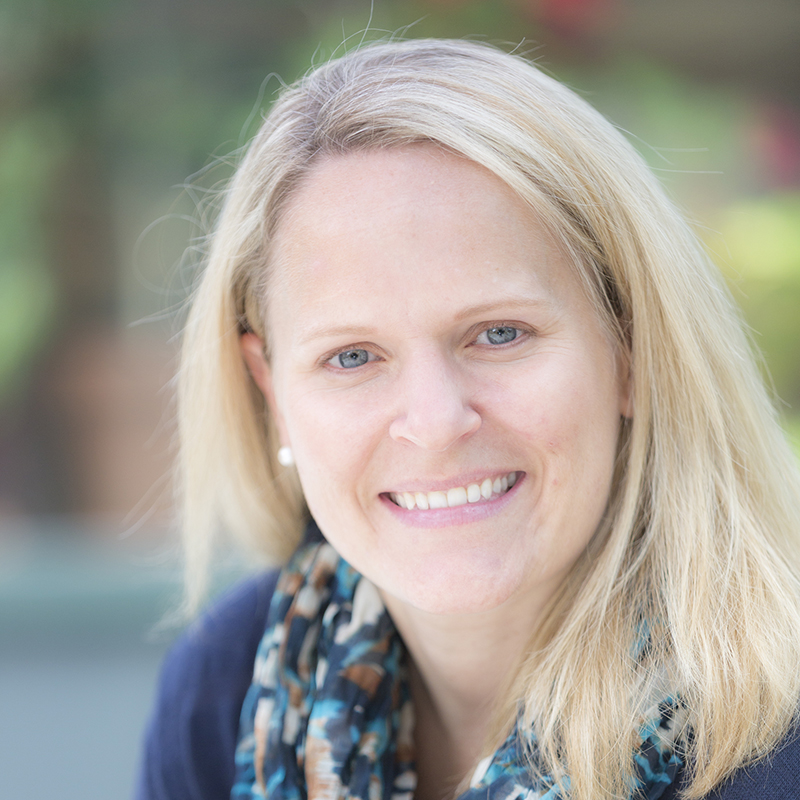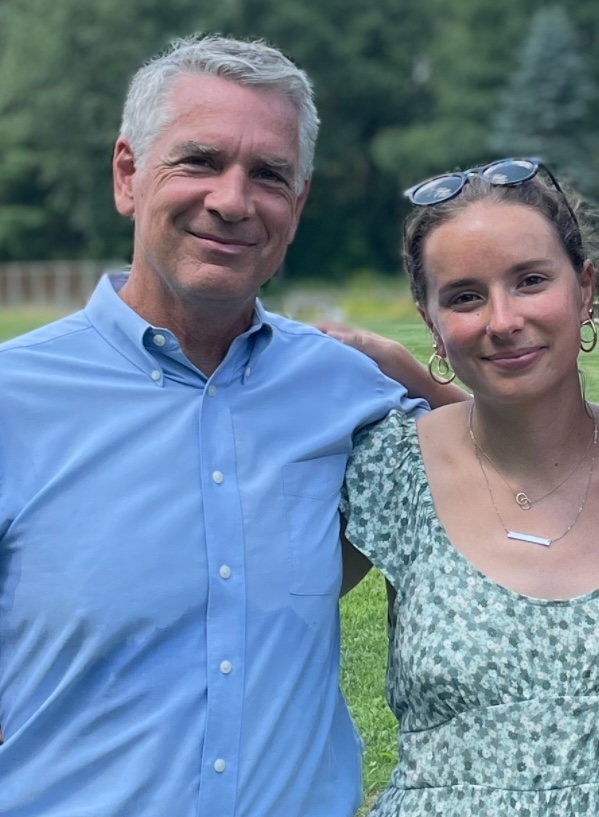Bowdoin Receives NSF Grant to Expand STEM Education for Maine Preschoolers and Kindergarteners
By Bowdoin NewsFunding was awarded to support
a collaborative project by Bowdoin College and the Maine Mathematics and Science Alliance.
Bowdoin College and the Maine Mathematics and Science Alliance (MMSA) have received a total of $2,251,730 to improve science, technology, engineering, and mathematics (STEM) learning for pre-k and kindergarten students and teachers. This funding was awarded through the National Science Foundation (NSF—Award No. 2201673.)
“Learning through play is critical in all aspects of child development,” said Assistant Professor of Education Alison Riley Miller, Bowdoin’s principal investigator on the project.
“We are building on prior research that demonstrates how rich, meaningful science sensemaking happens naturally through play, and we are interested in understanding how teachers can create environments that may deepen and enrich these opportunities for children.”

The project will investigate how and to what extent preschoolers and kindergarteners can engage in science and engineering practices in play-based learning environments. The project will also explore how spaces, materials, and instruction can support and extend children’s engagement with science and engineering practices.
“After noticing my own young children exploring the natural world, asking scientific questions, and crafting models of ordinary objects that held meaning for them—like birthday cakes and family scenes—out of found objects in nature, I began asking questions about how and when nascent practices of science and engineering develop among young children,” Miller said.
She secured a small faculty development grant at Bowdoin to pursue these questions while on pre-tenure sabbatical during the 2018–2019 academic year. That pilot study provided the foundation for this project.
In the summer of 2021, Miller and co-investigator Lauren Saenz, a postdoctoral researcher at Bowdoin, approached Kate Cook at the Maine Math and Science Alliance, proposing a collaborative study that would build on Miller’s pilot work and harness the expertise of the MMSA team to expand their understanding around how children make sense of the natural world through play, and how to support and deepen that engagement with STEM learning.
“Maine offers an incredible context to study how children naturally engage in science and engineering practices through play and how teachers can create environments to deepen and enrich these experiences,” said Cook, MMSA's principal investigator on the project.
“We will be collaborating with Maine educators who are already doing this work. We look forward to leveraging their expertise and building professional learning for teachers across Maine to continue to strengthen and refine their practice.”
MMSA is a leader in STEM policy and works to advance STEM education in Maine as well as establish relationships among schools, organizations, individuals, and communities to further this mission.
Together with a to-be-hired postdoctoral researcher, some undergraduate student researchers, and project consultant Rachel Larimore from Samara Early Learning, they plan to create video-rich teacher professional learning and a classroom-based coaching model aimed at recognizing and supporting play-based engagements with science and engineering for children in preschool and kindergarten.
The project, Bridging Preschool and Kindergarten Science: Exploring Play-Based Engagement with Scientific and Engineering Practices in Early Learning Environments is cofunded through the Discovery Research Pre-K-12 (DRK-12) program and the Innovative Technology Experiences for Students and Teachers (ITEST) program at the NSF.
Bowdoin’s share of this $2,251,730 total grant amounts to $951,413 and will be used to study existing practice across participating classrooms in three demographically distinct school districts in Maine serving Head Start students and then to document and study the impacts of the project’s professional learning intervention on children’s opportunities for engagement in science and engineering practices during free play.
“Play is widely recognized among teachers, parents, and researchers as essential to children’s development and learning, yet education reform efforts often hinge on pushing structured curricula and direct instruction earlier and earlier into childhood,” said Miller.
“This impulse on the part of reformers is often in conflict with what we know about child development and more often impacts children from marginalized backgrounds who lack access to the types of well-resourced, play-based early learning programs leveraged by the families of their more affluent peers. My research is founded on the idea that children bring rich assets, including innate curiosity, to their learning. What kids need are knowledgeable adults who support them with space, time, and rich environments in which to play. I think that by working with teachers and leveraging their expertise in ‘stage setting’ for play, we can create greater opportunities for all children to engage in play-based STEM learning.”
“Science, technology, engineering, and mathematics are critical skills in the twenty-first century economy that unlock countless doors to high-paying, in-demand fields. Introducing these subjects to Maine’s youngest learners can help them build a strong foundation to succeed throughout their school years and the rest of their lives,” said Maine Senators Susan Collins and Angus King in a joint statement announcing the grant.
“We welcome this investment, which will leverage Bowdoin’s expertise and allow the Maine Mathematics and Science Alliance to build on its proven track record of promoting STEM teaching and learning in schools across the state. By supporting preschool and kindergarten teachers’ efforts to engage their students in STEM through play, this program can inspire young students and serve as a model nationwide.”



